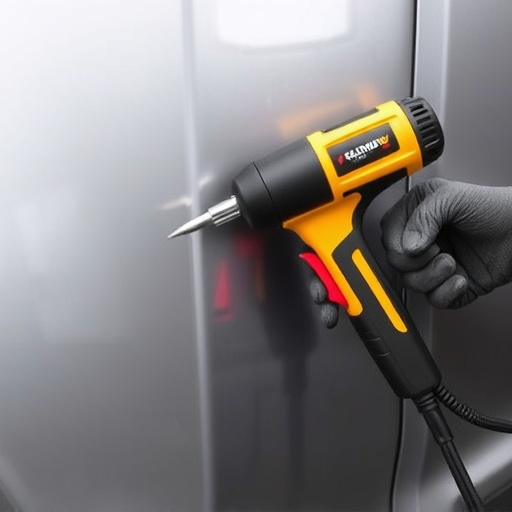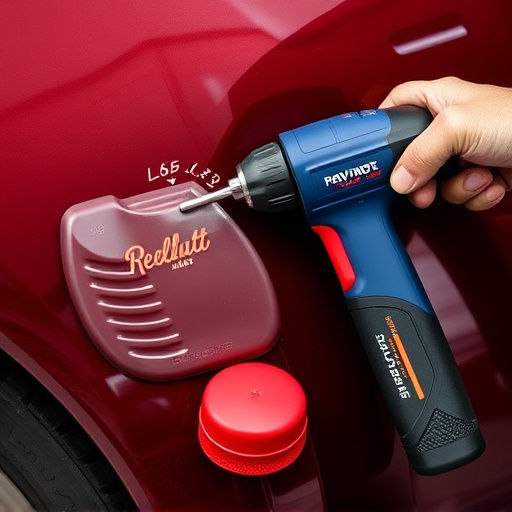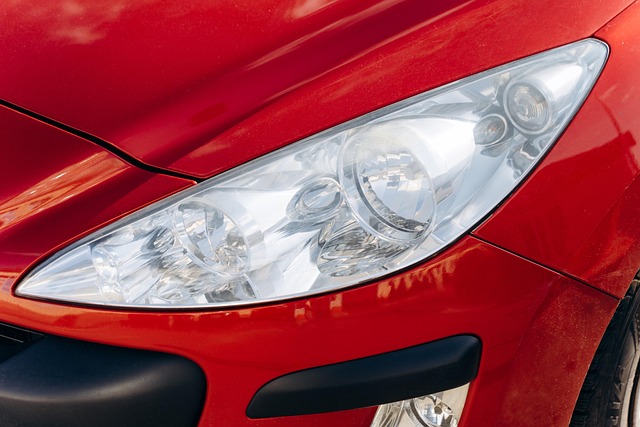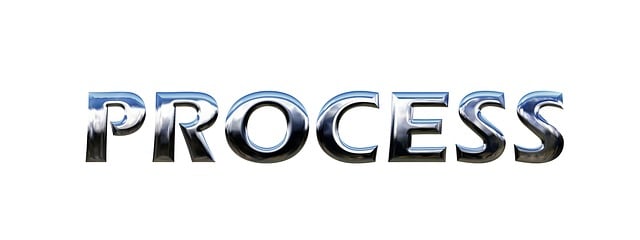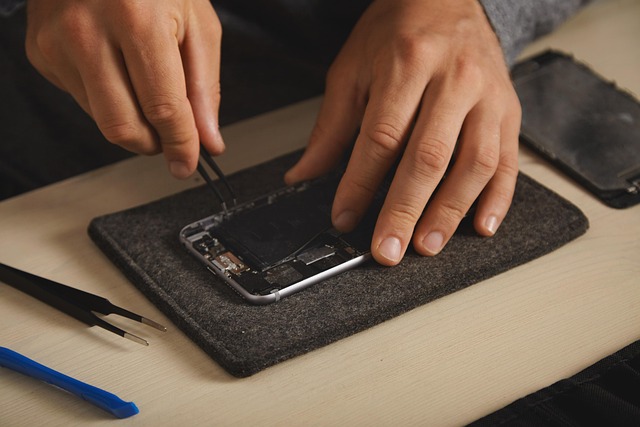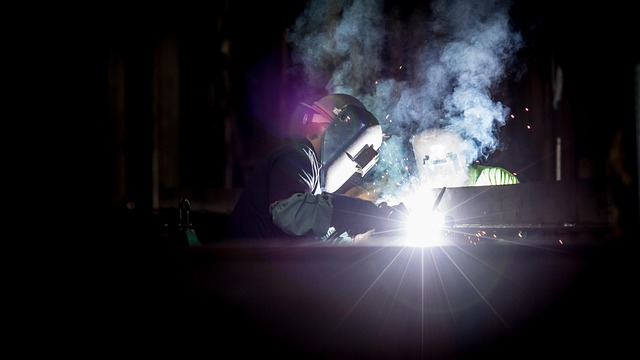Electric car body repair requires specialized knowledge, tools, and facilities due to unique construction featuring advanced materials, high-voltage components, and battery packs. Unlike conventional vehicles, meticulous precision is essential to ensure safe and optimal performance after damage, addressing dents, scratches, and more while managing intricate electrical systems. Qualified mechanics in auto collision centers specializing in electric car body repair are crucial for maintaining structural integrity and environmental safety.
Uncover the fundamentals of electric car body repair in this comprehensive guide. Electric vehicles (EVs) present unique challenges compared to traditional cars, demanding specialized knowledge and techniques. From assessing damage—where subtle differences like corrosion or battery compartment issues matter—to repair processes that require precision and sealing expertise, every step is crucial. Learn how restoring performance and efficiency involves range impact, calibration, and safety considerations, ensuring your EV is not just fixed but optimized for long-term reliability.
- Assessing Electric Car Body Damage
- – Types of damage common in electric vehicles
- – Unique considerations for assessing EV body damage
Assessing Electric Car Body Damage

Assessing damage to an electric car body requires a meticulous approach due to the unique construction and components compared to conventional vehicles. The first step is to thoroughly inspect the exterior for dents, scratches, or any signs of impact. Unlike internal combustion engines, electric motors are typically located in the floor or under the passenger compartment, so external damage may not always indicate severe internal harm. Specialized tools and expertise are often needed to accurately assess these cars’ structural integrity.
In the event of an auto collision, a professional auto body shop equipped with the latest technology can perform diagnostic scans to identify any system malfunctions. This process helps determine if the car’s battery pack, power electronics, or charging systems have been compromised. Proper training and knowledge are essential when repairing electric vehicles, as even minor accidents could impact their performance and safety features, making it crucial to visit a reputable auto collision center for comprehensive electric car body repair.
– Types of damage common in electric vehicles

Electric cars, while renowned for their environmental benefits, are not immune to damage like traditional vehicles. Due to their unique design and components, electric car body repair presents specific challenges. Common types of damage include dents, scratches, and dings, much like any other car. However, electric vehicles often have additional vulnerabilities, such as damage to the battery pack and power electronics. These areas require specialized knowledge and tools for safe and effective repair.
Furthermore, the intricate nature of modern automotive repair for electric cars means that skilled technicians must be adept at both conventional bodywork and advanced technological repairs. The integration of sensitive electrical systems and high-voltage components necessitates meticulous precision during the repair process to ensure optimal performance and safety following an accident or damage incident.
– Unique considerations for assessing EV body damage
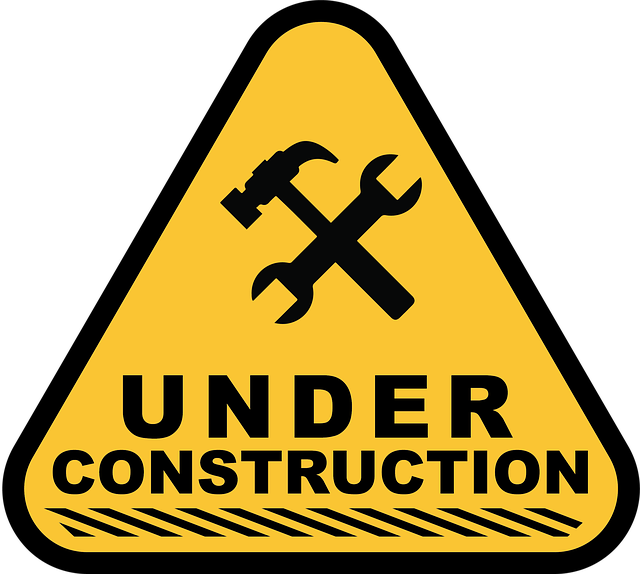
When it comes to assessing damage on an electric vehicle (EV) for body repair, there are unique considerations compared to conventional cars. EV body panels often require specialized knowledge and tools due to their advanced materials and intricate designs. For instance, some modern EVs use lightweight composite materials or aluminum alloys that may have different properties and requirements during the repair process. A qualified mechanic in an auto repair shop specializing in electric car body repair will understand how to handle these materials without causing further damage.
Additionally, EV battery packs, while crucial for power and efficiency, can be a significant concern when repairing body damage. In cases of severe accidents, proper containment and deactivation procedures are essential before any body work begins. This ensures the safety of technicians and prevents potential short circuits or other electrical hazards. The unique nature of these considerations highlights the importance of seeking expert auto body work for electric cars, ensuring both the structural integrity and environmental safety of these cutting-edge vehicles.
Understanding the nuances of electric car body repair is essential as the EV market continues to grow. By familiarizing yourself with the unique assessment and repair processes, you can ensure effective and efficient maintenance for these innovative vehicles. Electric car body damage, though often distinct from conventional cars, is reparable, allowing owners to keep their EVs on the road safely and sustainably. This knowledge empowers both professionals and enthusiasts to navigate the challenges of EV repairs, contributing to a greener future through informed care.
